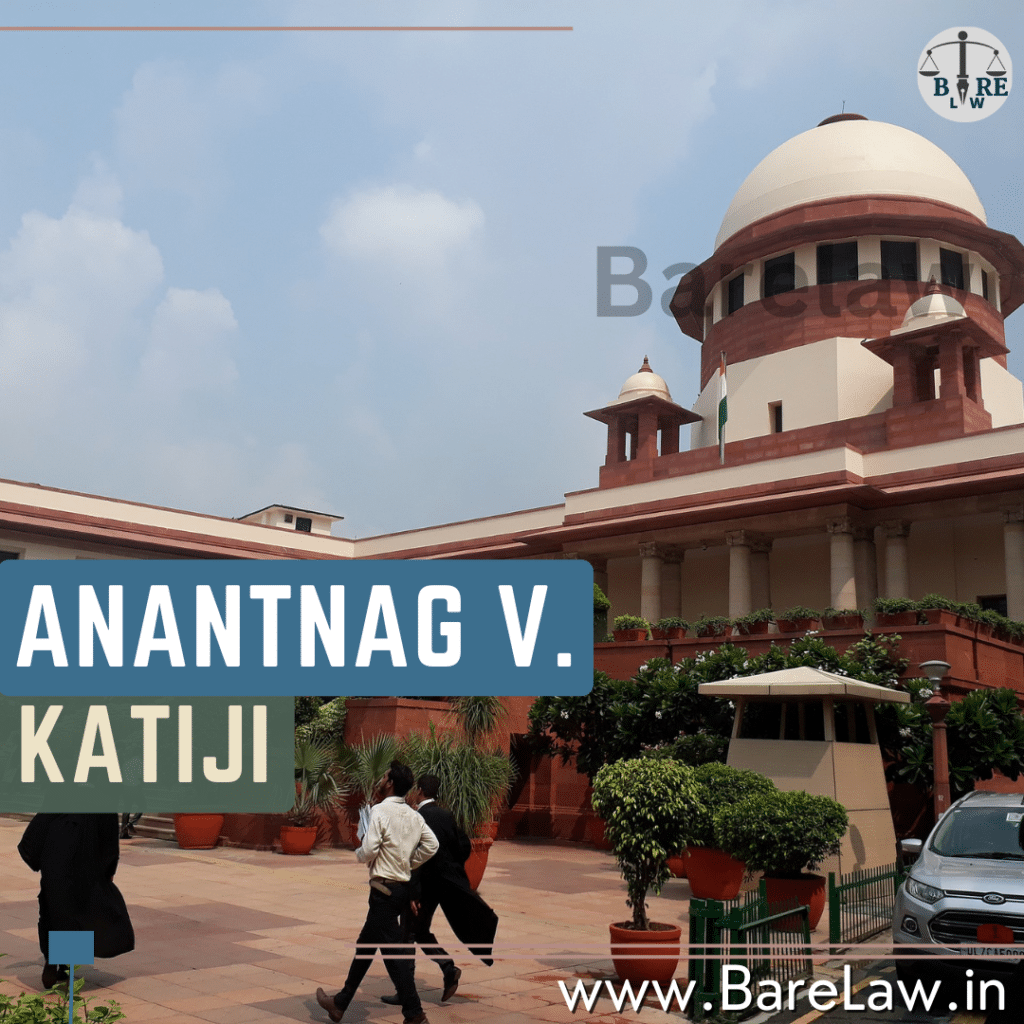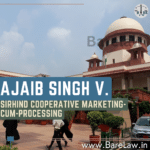
Table of Contents
Land Acquisition, Anantnag v. Katiji
Introduction
This case is a very important case in Indian legal jurisprudence, with respect to how section 5 of the limitation act, 1963 can be read. It reveals how the judiciary views delays in filing appeals and also highlights the balance between technicalities of law and justice itself.
Case Background
The basis for this appeal was an order by State of Jammu and Kashmir Court which called for an additional amount as compensation that was close to 14 lakh rupees. The four-day delay made it time-barred. In mitigation however, State has raised questions on valuation principles.
Issues and Observations
What are the relevant considerations under Section 5 of the limitation act when deciding whether or not to condone delays in appeals? There are several findings of Supreme Courts:
The term ‘sufficient cause’ referred to in Section 5 is capable of expanse with some judicial ingenuity.
In its decision, the Court took a broad perspective realizing that litigants hardly gain from delaying their appeals.
Dismissal due to delayed entry can erode justice while tolerating such delay permits decision on merits.
Explanations have to be practical rather than pedantic about why there were delays.
It is only “substantial justice” that should count against mere technicalities; no assumption could be made here that all delays are either deliberate or negligent ones.
However, one must accept that there will always be instances where we do nothing but reinforce injustice by adhering strictly to the rules or even laws we have made ourselves.
Conclusion
With regard to its judgment, Supreme Court held that there was a sufficient cause for delay and thus set aside High Court’s order dismissing appeal. This ruling affirms the principle that court processes must serve ends of justice and not become instruments of injustice through rigid compliance with technicality
Implications
This decision has implications across different government departments prone to litigation resulting from delayed processes. It shows that the courts are more interested in justice than on procedural lapses.
The Limitation Act, 1963
It is possible to take longer time by applying section 5 of this act if the appellant or applicant gives some good reason for not preferring the appeal or making the application within a specified period.





